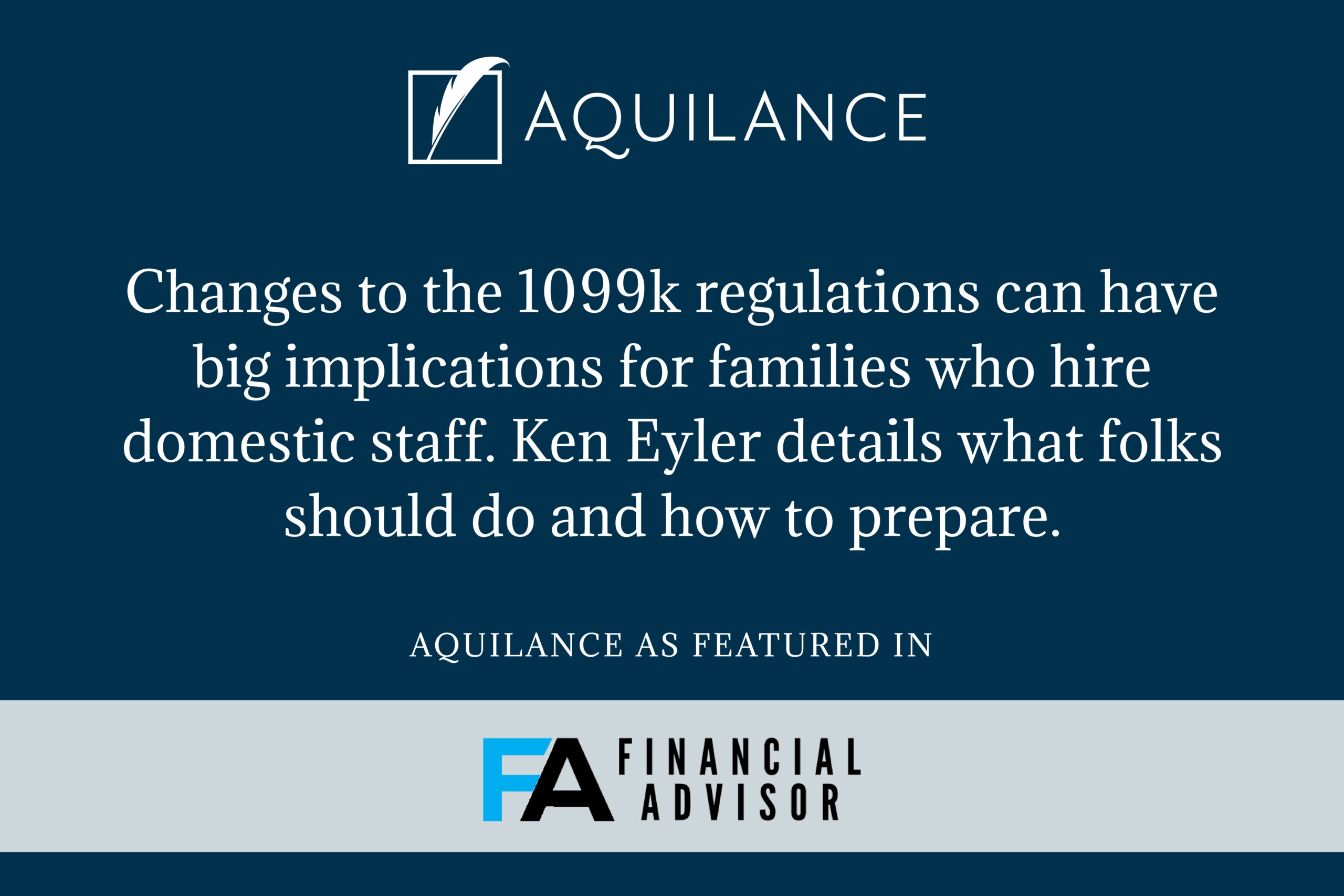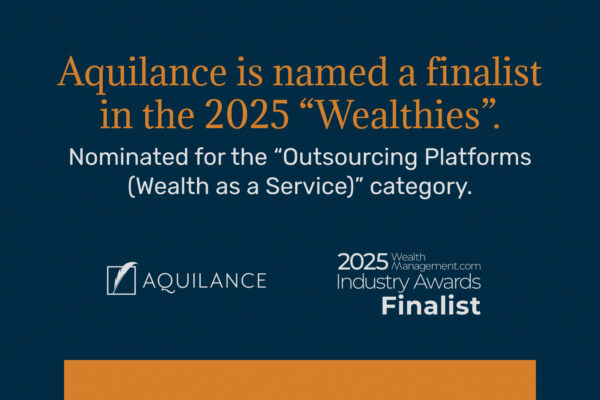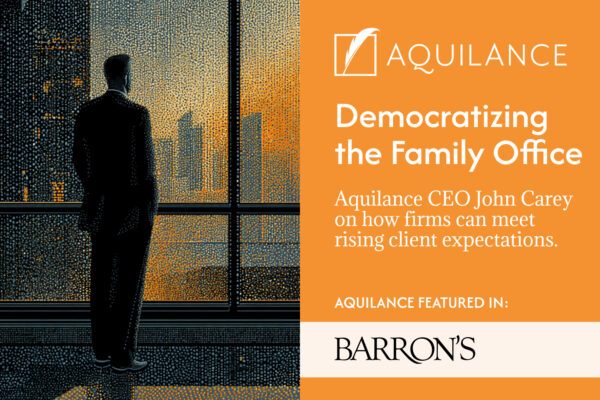From Financial Advisor Magazine, by Jeff Stimpson
New IRS rules require reporting income for some transactions of just $600 or more, down from a much higher previous threshold. Wealthy clients who routinely pay domestic help and other workers could get tripped up in tax reporting.
While it seems innocuous to conveniently pay a nanny or housekeeper with Venmo, the American Rescue Plan Act of 2021 modified 1099-K reporting requirements for third-party payment networks such as Venmo, PayPal and Zelle. People who perform services as independent contractors and get paid via payment apps will also now receive 1099-Ks if the total exceeds $600 with no transaction minimum.
Ken Eyler, CEO of Aquilance, said that the change took effect in January for all transactions, “meaning most people will start receiving 1099-Ks in January 2023,” he said. “There are, however, 10 states that decided to implement a year early with the same rules.”
Wealthy individuals may also be targeted due to a knock-on effect, Eyler said, when recipients are deemed to be employees and the IRS or SSA starts looking at their income and where it came from. “Anyone misclassifying domestic employees and paying through Zelle, Venmo or Paypal may then become the next level up to look at,” Eyler said.
The former threshold was $20,000 and 200 transactions…






